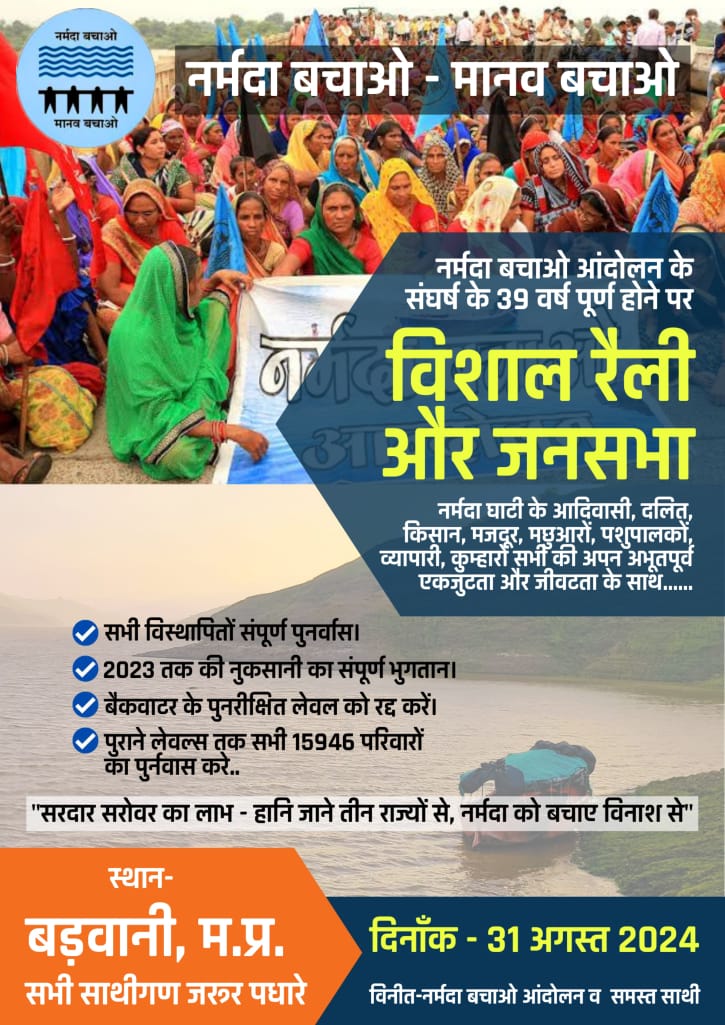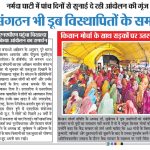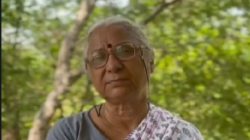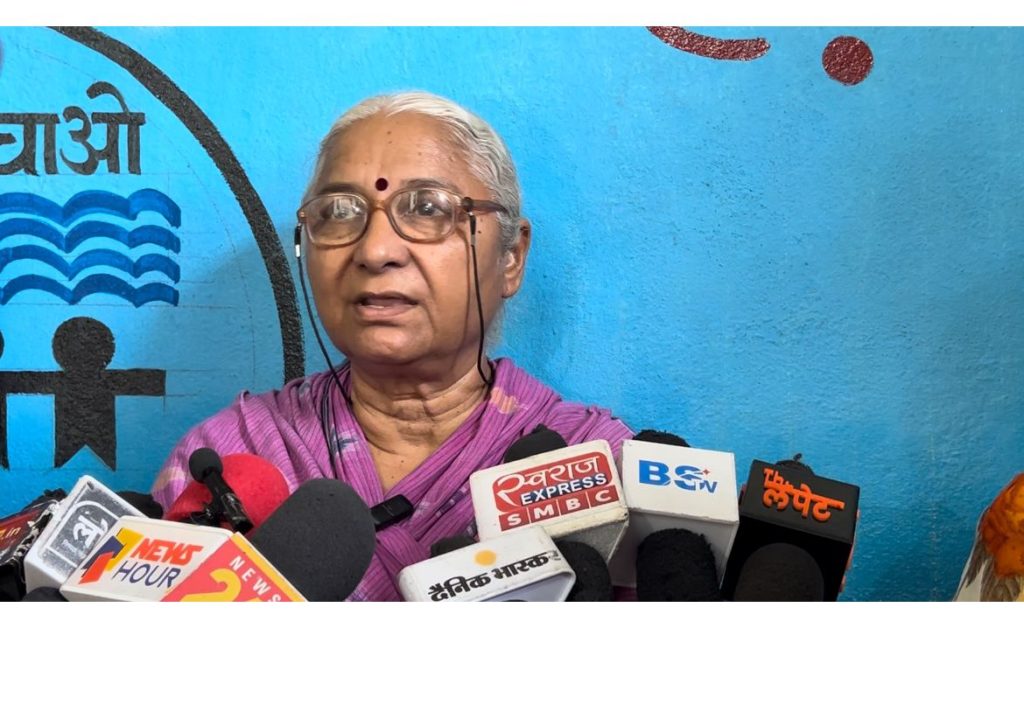Currently, we have 9 residential Jeevanshalas (7 in Maharashtra and 2 in M.P.), providing primary level education. Only one of these schools is in a Rehabilitation Colony and is comparatively easily accessible. All other Jeevanshalas are in very remote areas where toilets, electricity, gas and running water in taps is a dream. Firewood has to be collected regularly.
Recently, schools in Maharashtra were granted recognition by the government on condition that no monetary aid would be granted. However, we have been allowed to buy grains at BPL rates. The 2 Jeevanshalas in M.P. have no such provision. The NNNA struggles to provide a nutritional diet to the children and staff along with basic requisites.
Attempts are made to ensure that as many children as possible are enabled to continue studies beyond what the Jeevanshalas can provide.
As of now, we have about 1000 students (850 in Maharashtra and 150 in M.P.). 40 teachers along with ‘mavshis’ (cooks) and ‘kamathis’ (helpers) look after the running of these residential schools. One senior teacher is appointed as the Headmaster.
- All children in Jeevanshalas are Adivasi, are provided formal education and skills suitable to their own surroundings. Attempts are made to ensure the preservation of Adivasi skills and stock of knowledge and wisdom learnt from their forefathers, whilst retaining pride in their own heroes, history and culture.
- An attempt is made to run the schools as per Mahatma Gandhi’s principles of Basic Education – Buniyadi Talim – which interweaves life skills with a curriculum.
- The Jeevanshalas provide a value system along with an understanding of community living, self-reliance, sharing, cooperation, protecting and nurturing the environment and natural forest resources with Adivasi culture.
- Locally relevant activities are a part of the curriculum and supplement the government prescribed syllabus and texts.
- Basic needs such as slates, pencils, uniforms, canvas shoes etc. are provided.
- Two meals of Dal/Roti or Dal/Bhakari are provided and sprouted pulses like moong, vatana, chana or groundnuts are given at breakfast time.
- Teaching initially starts in the Adivasi language ensuring facility in communication with the children before gradually introducing the state language.
- Community support and involvement in every aspect of the educational process is advocated. Each village community selects a Dekhrekh (monitoring) Committee for the Jeevanshala in their village.
- Teachers themselves are from the local Adivasi communities. They stay with the children and are provided with continuous academic inputs and support.
- Education is not an isolated activity in the Jeevanshala – it is linked with the reality of a colossal dam causing submergence and massive displacement leading to the social and economic upheavals affecting their way of life. The motto of the schools is ‘Laadai Padhai Sath Sath’ (Study and struggle should go hand in hand).
- Each Jeevanshala celebrates various National Days, along with Adivasi festivals and other meaningful days affecting their lives.







